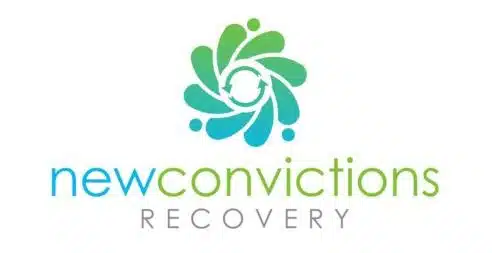Discover Unique Solutions at New Convictions Recovery
Located in the heart of Bergenfield, NJ, New Convictions Recovery stands as a leading gambling addiction treatment center. With our expert counselling team and specialized services, we hold a solid reputation in our state for providing comprehensive and effective gambling addiction recovery solutions.
Outstanding Services at New Convictions Recovery
From the initial stages of reaching out for help through to rehabilitation, our team of dedicated counselors is readily on hand. We provide a wealth of resources, data, and support assistance. New Convictions Recovery remains your guiding light in dealing with compulsive gambling and related disorders, assuring that each individual receives the specialized treatment that is specific to their needs.
Innovative Approach to Recovery
Our programs use a combination of tried-and-tested techniques and novel methodologies to successfully tackle addiction. These methods not only focus on the addiction but also address connected mental health concerns and possible substance abuse issues, offering a holistic healing experience.
Committed to Enhancing Lives
The ultimate commitment at New Convictions Recovery is to make a significant difference in the lives of those that call upon us for help. Our goal goes beyond immediate treatment, aiming to equip individuals with the vital tools and resources crucial for their journey towards a brighter addiction-free future.
Comprehending Gambling Addiction
Gambling addiction is recognized as an uncontrollable urge to gamble despite experiencing negative repercussions or a longing to cease. It is a significant category of behavioural addictions, often paralleled with substance abuse disorders. This can originate from various factors like the excitement of venturing risks, the aspiration for monetary profits, or a tool to distract from stress. Recognizing the addiction is crucial to admit the issue and initiate the journey towards recovery.
Identifying the Indicators and Symptoms of Impulsive Gambling
Symptoms of compulsive gambling can range from the inability to moderate or diminish the gambling tendencies despite unfavorable consequences, to becoming consumed with past gambling memories. In attempts to recover losses, the individual might increase the betting amount, and may experience unease or dissatisfaction when attempting to lessen or quit gambling. Attempts to conceal gambling involvement might also be prevalent, causing financial stresses with escalated debts, borrowed loans or even succumbing to theft to fund the addiction.
Recognize the Significance of Professional Intervention in Gambling Addiction
Impulsive gambling can unravel a series of substantial mental, monetary and relational damages. Invoking professional help enhances the possibility of lifelong recovery. Specialized solutions and coping mechanisms are provided through counselors and therapists experienced with gambling addictions. For aid in NJ, approach the New Jersey Council via their website at https://800gambler.org.
Discovering Various Therapeutic Approaches for Impulsive Gambling
Therapies can concentrate on understanding the underlying causes and prompts for gambling addiction, which could be individual or group-oriented. Cognitive Behavioral Therapy (CBT) can prove beneficial in identifying and transforming adverse thought patterns. Medications could also be prescribed to address any mental health conditions fuelling the addiction. For holistic care, consider joining a gambling addiction rehabilitation program in New Jersey.
Navigating Through Available Resources for Individuals Battling Gambling Addiction
For immediate help, the Gambling Addiction hotline at 609-588-5515 remains readily available. Online resources offer valuable information, advice, and connections to support networks. Local organizations and centers like the NJ Council on Compulsive Gambling provide essential services, personalized therapies and recovery programs. Exploit the benefits of counseling services in New Jersey to discover appropriate group and individual therapeutic choices.

